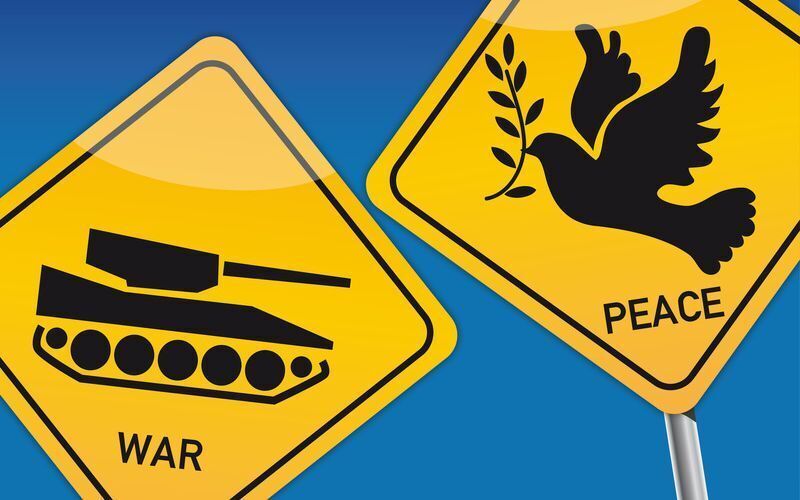Central Africa Peace Talks Open in Congo
Brazzaville, Congo
Key players in the Central African conflict launched a fresh round of talks in Brazzaville on Monday to end more than a year of sectarian bloodshed in the impoverished nation.
The three-day forum for reconciliation and political dialogue is chaired by Congo’s President Denis Sassou Nguesso as regional mediator in a crisis that has left thousands of civilians dead and driven more than a million people from their homes.
One of Africa’s poorest countries, CAR has been in crisis since the mainly Muslim Seleka rebels seized power in a March 2013 coup, with months of atrocities by rebels gone rogue sparking reprisal attacks by Christian vigilantes.
Backed by a contact group bringing together some 30 countries and organizations, the latest talks aim to produce an accord by Wednesday on ending the violence, disarming fighters and setting up a new framework for political transition.
That would pave the way for a hoped-for national reconciliation council to take place in Bangui in October.
Some 170 Central African officials are expected in Brazzaville, including members of transitional President Catherine Samba Panza’s government, lawmakers, envoys from armed groups, political parties and civil society.
But several political and religious leaders in CAR have boycotted the talks in Brazzaville, after calling for them to be held at home.
Divisions within the mainly Muslim Seleka and Christian anti-balaka vigilante groups also meant they struggled to designate their negotiators for the talks.
Thierry Vircoulon, Central Africa director at the International Crisis Group, warned that the lack of fully representative envoys and the short time allocated for the talks could hamper their chance of success.
Previous peace summits held in Gabon or Chad have produced no tangible results in efforts to end the conflict.
French peacekeepers intervened in the former colony in December last year, along with a multinational force raised by the African Union, amid fears of a Rwanda-style genocide.

